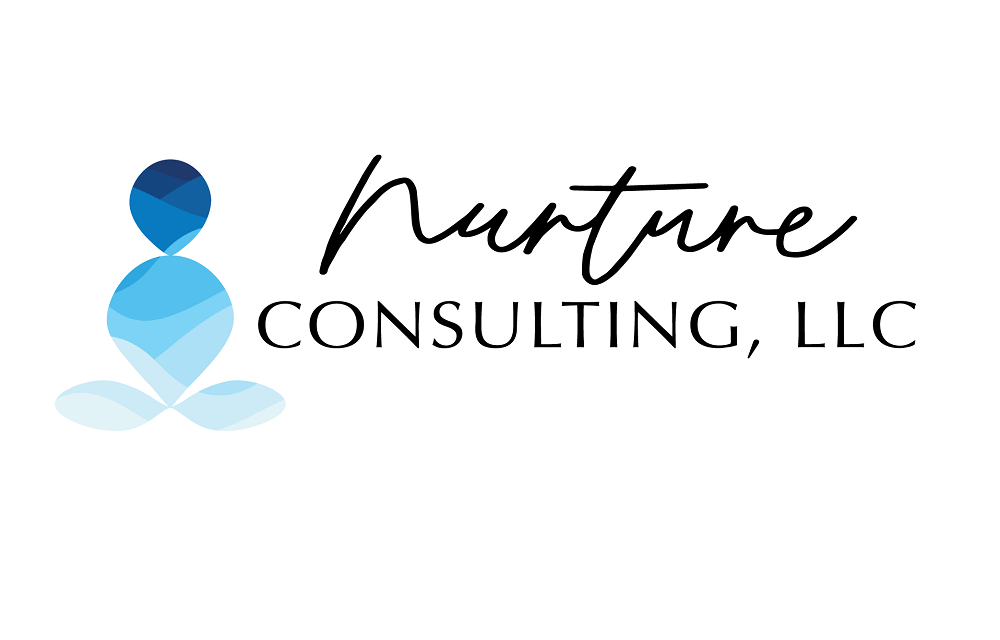I Think I Might Have an Eating Disorder- Where Do I Start?
Photo by Danielle MacInnes (@daniellemacinnes) via Unsplash
I think I might have an eating disorder- where do I go to get help?
Asking for help is scary and takes lots and lots of courage. If you think that you need, and are ready, for help with your eating issues you’re in the right place. Eating disorders are serious mental and medical health issues. You deserve the best and most comprehensive treatment to help you heal. I’m so glad you’re here and I’m happy to provide a list of resources to guide you.
For Individuals Living in the United States
1) Visit the National Eating Disorders Association (NEDA) website. On NEDA’s website you will find a screening tool. This is your first step to assess if it’s time to get help. NEDA has a helpline and a “Find Treatment” tab where you can search for an eating disorder professional (therapist, dietitian, doctor, nurse) who you can contact to make an appointment to get evaluated. I strongly recommend that you choose a provider with experience in treating eating disorders.
2) Visit the Certified Intuitive Eating Counselors Directory. A Certified Intuitive Eating Counselor is a licensed healthcare professional (dietitian, therapist, counselor, doctor, nurse) that earned a special certification in addressing issues of eating, food, and body image using an intuitive eating approach. Many (although not all) Certified Intuitive Eating Counselors have expertise in treating eating disorders. You can search by state to find providers in your area.
3) Search for your local chapter of the International Association of Eating Disorders Professionals (iaedp). This international organization has many chapters throughout the United States and is dedicated to providing education and advanced training to providers who treat all types of eating disorders. Search for the chapter closest to you. If the chapter has a website, you may be able to find a listing of eating disorder professionals in your area.
4) Search for a local psychiatrist in your area. If you have health insurance, I’d recommend searching your insurance company’s database for a psychiatrist who lists eating disorders on their list of specialties. Whether or not you have insurance coverage for mental health services, you can search the Psychology Today database for psychiatrists in your area.
All of these resources will help you locate a provider with the expertise to evaluate for an eating disorder. Additional first steps may include:
Sharing what you’ve been experiencing with a family member, spouse/partner, or trusted friend.
Making an appointment to see your primary care provider (or finding a primary care provider) so that you can get a physical. It’s really important to share what you’ve been experiencing with your doctor so they can order tests to further evaluate your overall physical health.
Visiting the National Association of Anorexia Nervosa and Associated Disorders (ANAD) website for listings of free support groups in your area.
The most important message that I’d like to impart to you is that you’re not alone. The eating disorders treatment community is here for you! If I can be of assistance, click here to reach out to me!
For Individuals Outside of the United States
Search for professional eating disorder associations in your area. From the list above, the Certified Intuitive Eating Counselor directory has international providers and you can also find information about the International Chapter of iaedp.

